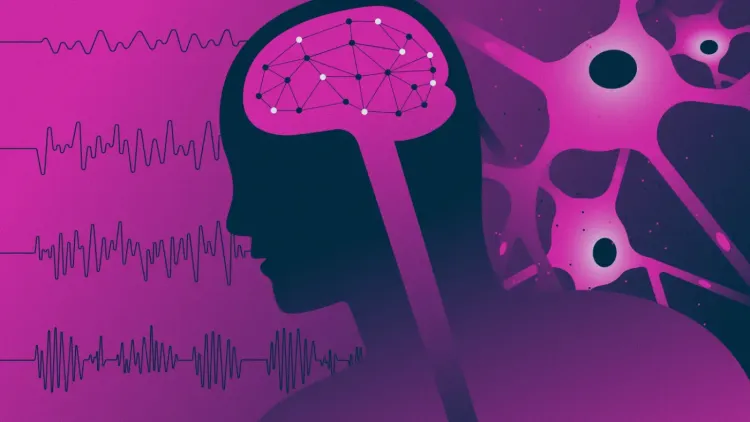Prompt Identification and Care Can Enable 70% of Epilepsy Sufferers to Live Normal Lives: Specialists

New Delhi, Dec 2 (NationPress) Prompt identification and care can enable 70% of individuals suffering from epilepsy -- a lasting neurological disorder -- to live normal lives, as stated by health specialists on Monday.
The World Health Organization (WHO) estimates that epilepsy impacts nearly 50 million people globally.
“India is home to 10-12 million people with epilepsy, which is over 1% of the entire population and nearly one-sixth of the worldwide burden. The prevalence in India varies from 3.0 to 11.9 per 1,000 individuals. The significant incidence poses a serious public health challenge, necessitating early diagnosis, clinical intervention, and care,” stated Dr. Praveen Gupta, Principal Director & Chief of Neurology at Fortis Hospital, during an interview with IANS.
Symptoms of epilepsy can include sudden numbness, muscle stiffness, shaking, fainting, communication difficulties, and involuntary urination. Despite its lengthy existence, awareness surrounding epilepsy remains quite limited.
Dr. Madhukar Bhardwaj, Director & HOD of Neurology at Aakash Healthcare, indicated that epilepsy is particularly prevalent among children aged 8-12 years in India, with a five-year prevalence rate of 22.2 per 1,000 children.
However, Gupta pointed out that the occurrence of this condition is notably increasing among adults.
“In children, congenital issues and infections are predominant causes, while in young adults, traumatic brain injuries, neurocysticercosis, and meningitis are significant contributors. In our nation, neurocysticercosis, which is caused by tapeworm infections, accounts for nearly 30% of epilepsy cases. Among the elderly, strokes and neurodegenerative diseases are the primary causes,” Gupta explained.
The specialists also discussed the unique challenges faced by women with epilepsy, especially concerning the stigma surrounding marriage and pregnancy.
“Hormonal fluctuations can intensify seizures, as observed in catamenial epilepsy, while societal perceptions often affect their personal lives. Nevertheless, advancements in treatment have enabled most women to live normal lives, with contemporary medications proving safe during pregnancy,” Gupta remarked.
“Timely diagnosis and treatment can assist 70% of patients in living normal lives with appropriate medication and lifestyle changes,” Bhardwaj added.
Management strategies for epilepsy include antiepileptic medications, dietary approaches such as the ketogenic diet, avoiding alcohol, and surgical options like resective brain surgery and vagus nerve stimulation.
“In the case of a seizure, proper first aid is crucial. Place the individual on their side, refrain from restraining them, and monitor the duration of the seizure. If it exceeds two minutes, seek medical attention immediately. Contrary to widespread myths, never force objects into their mouth or expose them to strong odors,” Bhardwaj advised.
He also cautioned individuals with epilepsy to steer clear of high-risk jobs such as driving, piloting, or factory work involving sharp instruments, as these could endanger themselves and others during a seizure.








